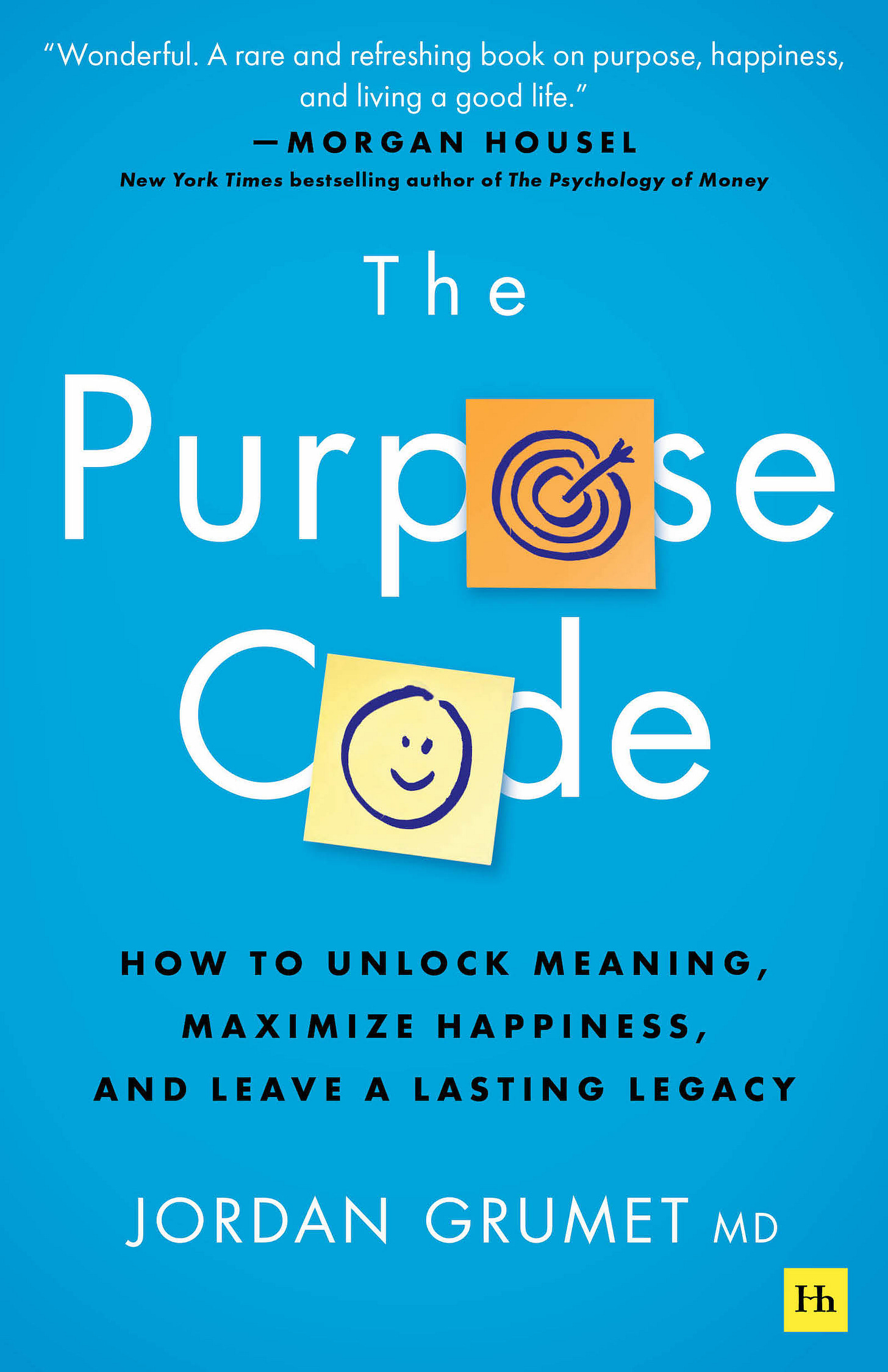The Quiet Lie We Tell Ourselves
Avoiding the truth about money to sidestep the harder question: purpose
Why We Downplay our Wealth
A recent comment on my post about the FIRE (Financial Independence, Retire Early) movement sparked a thought-provoking discussion. The commenter suggested that many in the financial independence community struggle to acknowledge that they are no longer middle class—and perhaps never were. Instead, they’ve ascended to the upper class but hesitate to admit it.
This observation touches on a broader issue: our discomfort with recognizing our true socioeconomic status. Many individuals who have achieved financial independence still perceive themselves as middle or lower-middle class, despite having ample resources. Why is it so challenging to accept that we’ve “made it”?
Money as a Convenient Purpose
One reason might be that financial independence doesn’t automatically equate to a higher socioeconomic class. However, the crux of the matter lies deeper. Admitting we’ve reached our financial goals forces us to confront a more daunting question: What now?
Money, for many, serves as an easily quantifiable goal. It’s straightforward to track savings, investments, and net worth. Striving for financial independence provides a clear sense of purpose. But once achieved, the absence of this goal can leave a void.
This void often reveals a lack of clarity about our true purpose. Without the pursuit of financial goals, we’re left to grapple with existential questions about meaning and fulfillment. It’s easier to continue chasing financial milestones than to delve into these deeper inquiries.
The Mirage of “Not Enough”
By underplaying our socioeconomic status, we give ourselves permission to keep striving. If we convince ourselves we’re not yet “there,” we can avoid confronting the harder questions about purpose and meaning.
This mindset allows us to focus on accumulating more wealth, even when it’s no longer necessary. It becomes a convenient distraction from the introspection required to understand what truly brings us fulfillment.
Three Steps to Reframe Your Perspective
To move beyond this cycle, consider the following steps:
1. Define “Enough”:
Determine what financial sufficiency looks like for you. Set a concrete number and resist the urge to continually adjust it upward. Once you’ve reached this threshold, shift your focus from accumulation to purpose.
2. Identify Non-Monetary Fulfillment:
Reflect on activities that bring you joy and fulfillment, irrespective of financial gain. What would you do if money were no object? Engaging in these pursuits can help you discover a deeper sense of purpose.
3. Gain Global Perspective:
Compare your financial situation to the global population. Recognize that, statistically, you are likely among the more affluent. This perspective can foster gratitude and reduce the compulsion to accumulate more.
Embracing Purpose Beyond Wealth
Acknowledging our true socioeconomic status isn’t about boasting; it’s about honesty. By recognizing that we’ve achieved financial stability, we can redirect our energy toward more meaningful pursuits.
It’s time to stop using financial goals as a shield against the deeper work of finding purpose. Embrace the discomfort, explore your passions, and invest in a life rich with meaning beyond monetary wealth.
Did you catch this week’s episode of Earn & Invest (Click to listen)?







This is one of the best articles I’ve read in years. It was as if I’d written it myself….to myself. One of the biggest obstacles is that there is no way to know what “enough” is. Enough might be plenty for 2025 but could be cut in half by forces outside our control. And, if we’ve spend our lives chasing the illusive “enough” it’s extraordinarily difficult to chase something else. Like a cat convincing itselfyy it no longer needs to chase a mouse. Anyway thank you for this article. I think I already bought your book but I’m going to buy ten copies for my friends. Tom Greene (Wit & Wisdom)
I only aim to be in the purpose upper class 😂